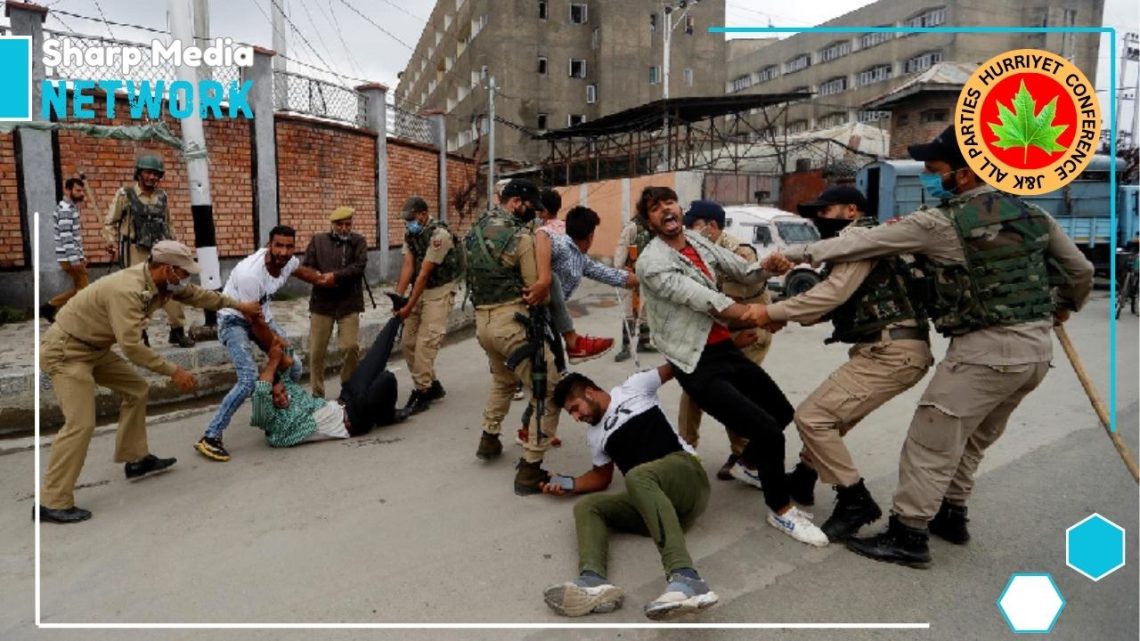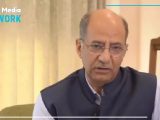
India’s Savagery in IIOJK Demands Fierce Global Condemnation: APHC
January 7, 2025The Kashmiri fight for freedom persists despite relentless oppression, highlighting resilience in the face of India’s militarized dominance.
The All Parties Hurriyat Conference (APHC) has fiercely condemned India’s oppressive policies towards resolving the Kashmir conflict. This criticism comes as tensions continue to rise in the disputed region.
APHC spokesman Abdul Rashid Minhas declared that Kashmir’s peace-loving populace faces ongoing political injustice. Their pursuit of self-determination endures, driven by unwavering resilience despite severe hardships.
Honoring the martyrs of Sopore, Gawakdal, Handwara, and Kupwara, Minhas underscored the immense sacrifices made by Kashmiris. These sacrifices, he asserted, will ultimately lead to freedom from India’s control.
Despite India’s suppressive tactics, Kashmiris’ steadfast determination disrupts Indian military dominance. Their resolve, Minhas claimed, undermines India’s broader agenda aimed at breaking their spirit and aspirations.
Minhas praised imprisoned leaders like Masarrat Aalam Butt and Shabbir Ahmed Shah. Figures such as Muhammad Yasin Malik, Aasiya Andrabi, and Khurram Parvaiz exemplify this spirit while enduring severe imprisonment in jails across India and Kashmir.
The spokesman urged the UN Human Rights Council and similar bodies to visit these facilities. He emphasized the need for global awareness regarding the suffering of Kashmir’s unlawfully detained leaders and activists.
Minhas called for international intervention to halt human rights violations in Kashmir. He demanded that the world assist in resolving the conflict according to UN resolutions, restoring justice for Kashmiris.
Ali Raza Syed, Chairman of Kashmir Council Europe (KCEU), also highlighted the 1993 Sopore massacre. This event, he argued, showcases India’s brutal occupation, where over 60 civilians were killed, and more than 500 buildings were destroyed.
Addressing a Brussels meeting, Syed condemned the massacre as a blatant human rights violation. He urged the UN and EU to investigate the atrocity and hold those responsible accountable for their actions.
The call for justice extends beyond the Sopore incident. Syed emphasized that systemic oppression in IIOJK demands international scrutiny and intervention. Only through global attention can the Kashmir dispute be resolved justly.
IIOJK’s plight, riddled with tragedy, reflects India’s aggressive approach to silencing dissent. The resilience of Kashmiris, however, continues to challenge this status quo, reinforcing their demand for self-determination.
As the international community watches, the need for active involvement grows urgent. The voices of Kashmiri martyrs and prisoners echo, seeking justice, dignity, and eventual liberation from prolonged subjugation.

